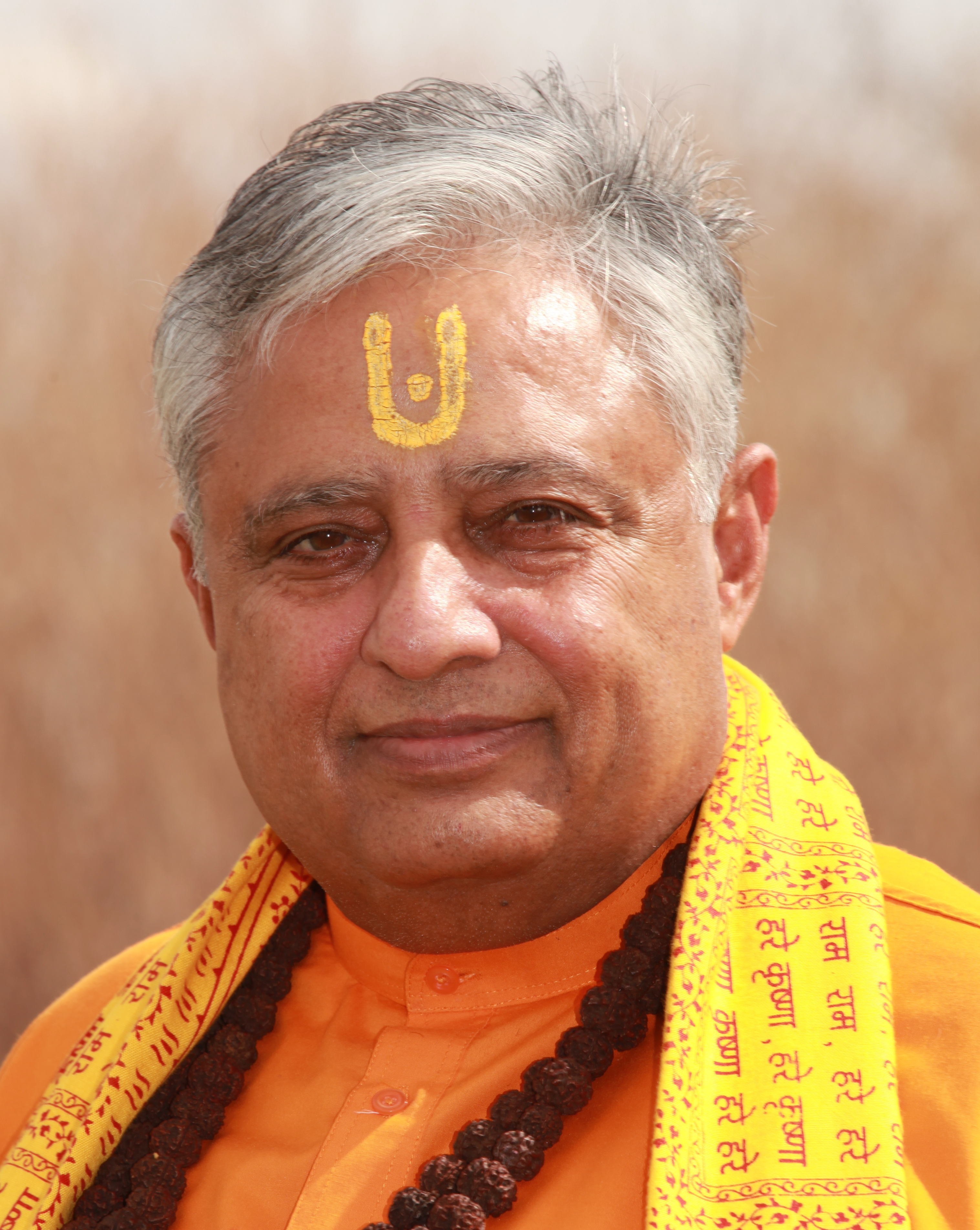 Hindus want some Hindu religious leaders sit in the United Kingdom (UK) House of Lords as “Lords Spiritual”.
Hindus want some Hindu religious leaders sit in the United Kingdom (UK) House of Lords as “Lords Spiritual”.
Currently, 26 bishops of the Church of England sit in the House of Lords as “Lords Spiritual”, including Archbishops of Canterbury and of York, the Bishops of London, Durham and Winchester. They read prayers at the start of each daily meeting and play a full and active role in the life and work of the Upper House.
Hindu statesman Rajan Zed, in a statement in Nevada today, said that in view of changing demographics, “Lords Spiritual” should be reflective of the British society as a whole, which now included substantial number of Hindus.
Zed, who is President of Universal Society of Hinduism, pointed out that Report of the Commission on Religion and Belief in British Public Life published on December seven also stated: The pluralist character of modern society should be reflected in national forums such as the House of Lords.
Rajan Zed further said that Hindu religious leaders should also play a role in the major British state functions like coronations. Hindus had made lot of contributions to the nation and society in UK, so they should be fairly represented in national bodies and events. British society should learn and understand to live with differences.
Zed noted that in UK collective worship in schools should be more inclusive and pluralistic in character appropriate for all religion/beliefs and non-belief; Hindu chaplains should be well represented in universities/colleges, prisons, hospitals, etc.; and universities/colleges and airports should have designated Hindu prayer spaces.
Rajan Zed indicated that there was an urgent need of national dialogue in UK about religions to build mutual trust and Hindus should play a vital role in it.
The Report “Living with Difference: Community, Diversity and the Common Good” of Commission chaired by former High Court judge Baroness Elizabeth Butler-Sloss was launched in September 2013. It also states: what it means to be British is not fixed and final; much greater religion and belief literacy is needed; there are still requirements on most schools across the UK to provide religious worship and for this to be Christian; faiths like Hinduism, Sikhism and Buddhism feature very little in the media; etc.
The British religion and belief story has also, though, contained the exclusion, marginalisation, harassment and at times persecution of religious, dissenting and atheist minorities. Those affected have included Catholics, Jews, Roma and pagans, and more recently Bahá’ís, Buddhists, Hindus, Jains, Muslims, Rastafarians, Sikhs and Zoroastrians; this Report adds.
Source: World Hindu News (WHN)





